Hugh Sheridan’s desperate plea to local film industry: ‘We have to tell the hard stories’
Australian film and television need to start telling the bold stories we’ve shied away from in the past if it is to survive, says Packed To The Rafters and House Husbands star Hugh Sheridan.
News
Don't miss out on the headlines from News. Followed categories will be added to My News.
IT’S time to grow up Australia.
That’s the message from Packed To The Rafters and House Husbands star Hugh Sheridan, who believes that if we are to stop the exodus of acting and technical talent from this country, we need to take ownership of bold stories we’ve shied away from in the past.
Sheridan, who splits his time between the US and Australia, believes the local stories being told on both television and the big screen have been too safe for too long.
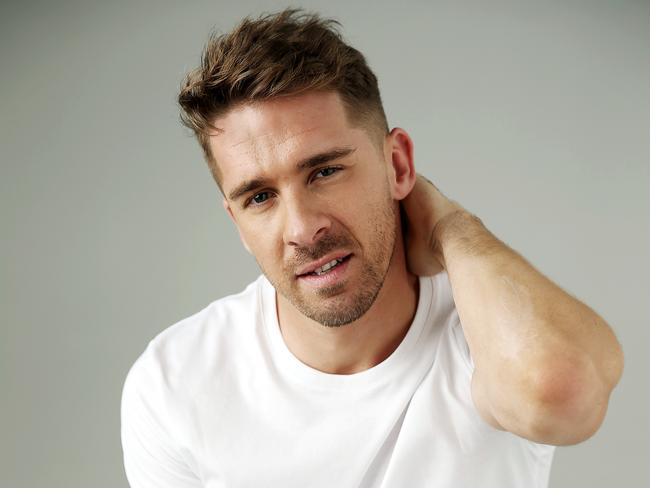
“Certainly, for a very long time Australia’s always been a very politically correct country and we like things to be pleasant and we don’t always tackle harder stories, but I think in order for the industry to flourish, we have to,” he says.
The actor and singer, whose band California Crooners Club will headline the Brisbane Festival in September, recently finished shooting political war thriller Escape and Evasion with Josh McConville and Firass Dirani, and the three shared their views of the industry’s current state with Insider.
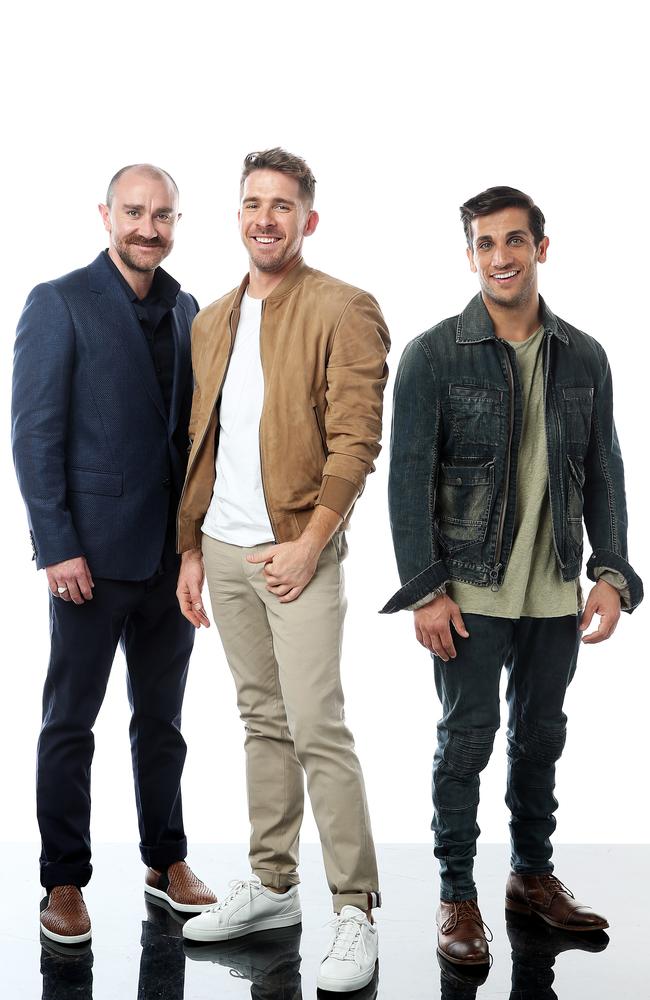
The Australian movie, which is currently in post-production, follows a special forces soldier who has returned home from an off-the-books mission in Myanmar suffering post-traumatic stress disorder after things go horribly wrong.
“It’s a story that is interesting on any level if you like war films or you like a political thriller kind of vibe,” Sheridan says.
“There’s undercover stuff going on, there are surprises in the film, there are secrets and revelations and shocking scenes.
“It’s talking about a certain part of the army and the really unnecessary loss of life, and I think that’s a really important thing that Australians talk about at all.”
The way Escape and Evasion, which was shot in Thailand, Cambodia and the Gold Coast earlier this year, shines a light on PTSD and mental health in the military is another step in the right direction for Australian film, he adds.
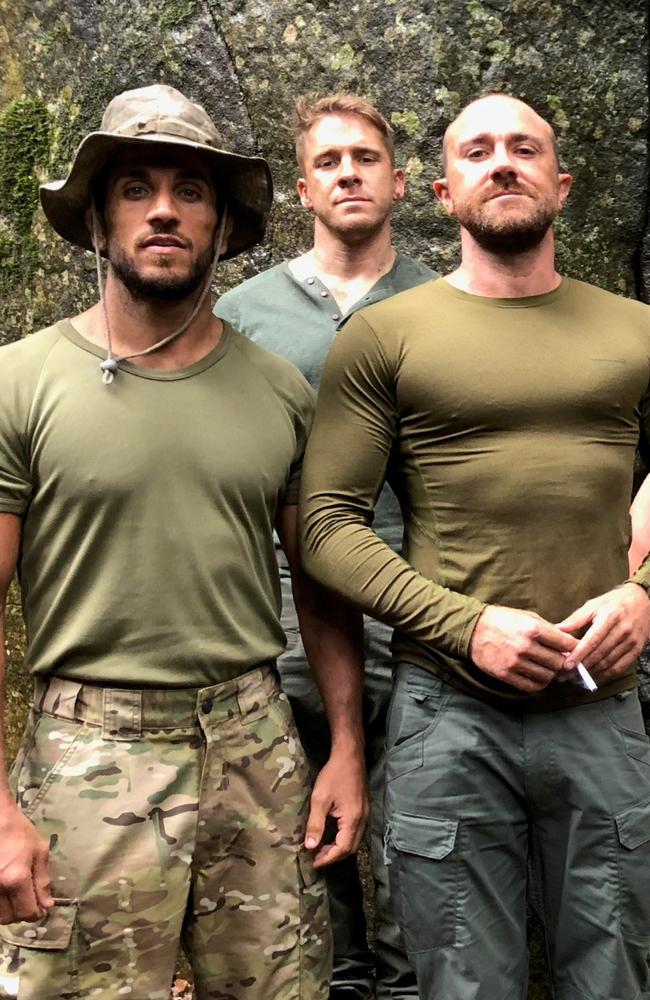
Other issues that have generally been off-limits in the past should also be told, Sheridan says.
“I have also been dealing with friends and family over the past couple of years with depression. The number one cause of death among young people in Australia is suicide,” he says.
“Why don’t we have films and television addressing that instead of vanilla TV stories that are neither here nor there?”
Producers have to throw money into big-budget films that don’t play up to the stereotypical Aussie larrikin, he says.
“The industry should
be investing in stories like The Post,” Sheridan says of last year’s US box-office hit about The Washington
Post’s investigation into the ongoing cover-up of America’s involvement in the Vietnam War.
“I was so blown away — what a horrible thing, a horrible part of (US) history.
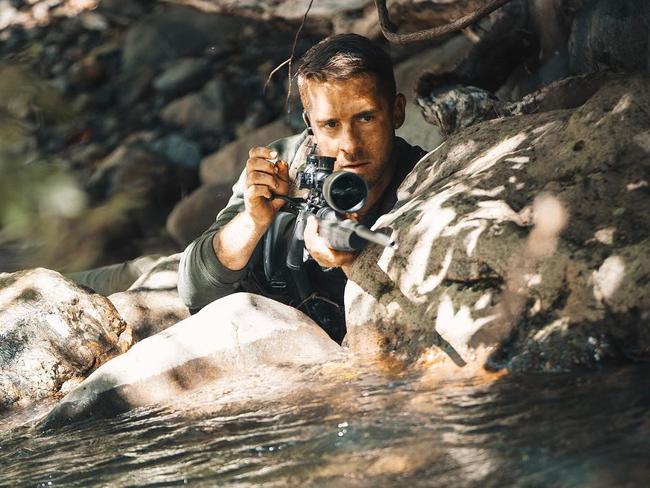
“It happened, thousands of people died, but they’re, like, ‘let’s talk about it, let’s try and educate people’.” Our local film industry has also become a victim of its own success, with decades spent trying to replicate some of our biggest global hits, Sheridan believes.
“I feel like years ago we went through an amazing period of film where we did take the piss a lot — they were heartfelt stories like Muriel’s Wedding or Priscilla or Strictly Ballroom,” he says.
“That was a very successful period and I feel like ever since then we’ve just been trying to recreate it.”
Arriving on the scene as Ben Rafter on the long-running drama Packed To The Rafters, Sheridan knows a thing or two about the commonality of stories in Australian television.
While enjoying success on Channel 7, it wasn’t hard to see the premise of Rafters didn’t deviate too much from the television template that has been rolled out for years in this country.
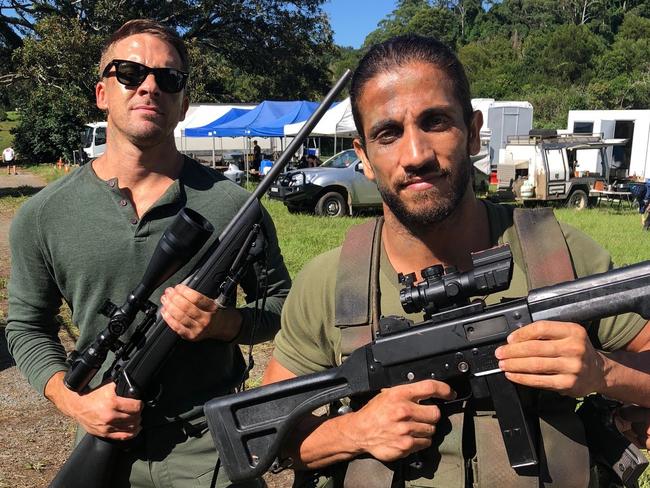
“Television has found itself in a similar rut — Australia finds something that works and then replicates it a million times until everyone falls asleep. Then reality TV takes over — people would rather watch Love Island,” he says.
A lack of funding is also a major roadblock for good local content, with Dirani taking aim at federal government cuts to the industry and the decision to divert money to major Hollywood blockbusters.
Over the past few years, Screen Australia has had more than $50 million cut from its budget.
“It’s f … ing frustrating,” he says. “We either do a Thor or we’re not doing anything.
“From a governmental point of view — cuts to Screen Australia, the ABC and SBS — the whole thing’s in dire straits. If it’s not the government ruining funding, it’s the unions, and if it’s not the unions it’s the broadcasters — it’s just like a whole trickle effect.”
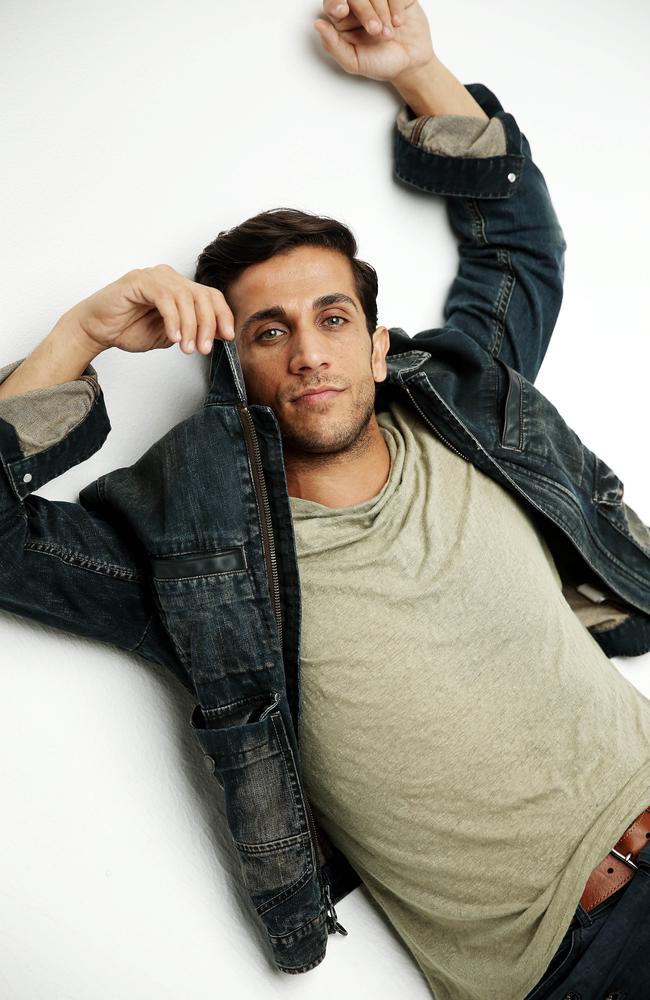
Dirani has enjoyed steady work for more than a decade, becoming a household name playing King Cross identity John Ibrahim in the critically acclaimed miniseries Underbelly, before appearing in ABC’s The Straits, followed by five years as a lead on Nine’s House Husbands.
But the Blacktown-born actor, who recently returned to the stage after 15 years in an effort to diversify, is more concerned about his future now than he ever has been in the past.
“I’ve been lucky for 10 years — I’ve been going from job to job since 2009,” he says. “You hear about the dark days but I understand why because you don’t want to do anything that’s not going to let you sleep at night.
“I’d rather walk away and sleep well for the rest of my life.”
McConville, widely regarded as one of Australia’s best stage actors, is also concerned about cuts in funding.
“It’s hard to keep it going strong when we keep getting cuts in funding and that’s really the biggest thing — money,” he says.
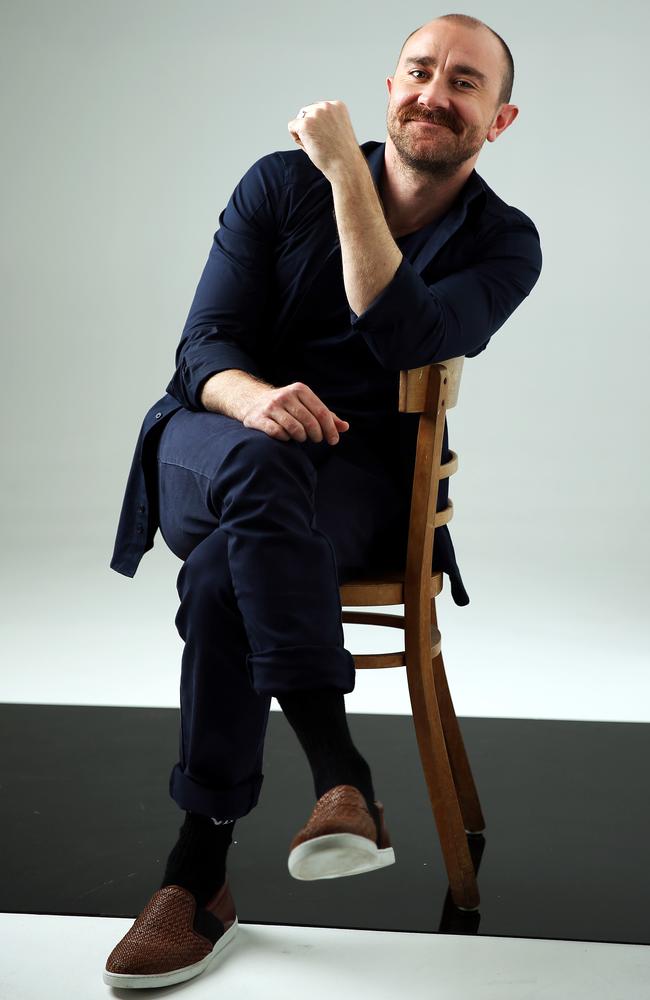
“It’s what will keep people here because you get paid so much money overseas.”
He does believe we need to keep telling diverse stories.
“It’s about telling different and diverse stories and being multicultural, but I think we do that quite well.
“I enjoy our films, it’s just money,” he says.
But he does predict one big change for the industry.
“I think with virtual reality and gaming, I think there’s a big thing there. I think that will integrate one day — virtual reality, gaming and film — it will be like Choose Your Own Adventure,” he says.
* Escape And Evasion is due for release next year

